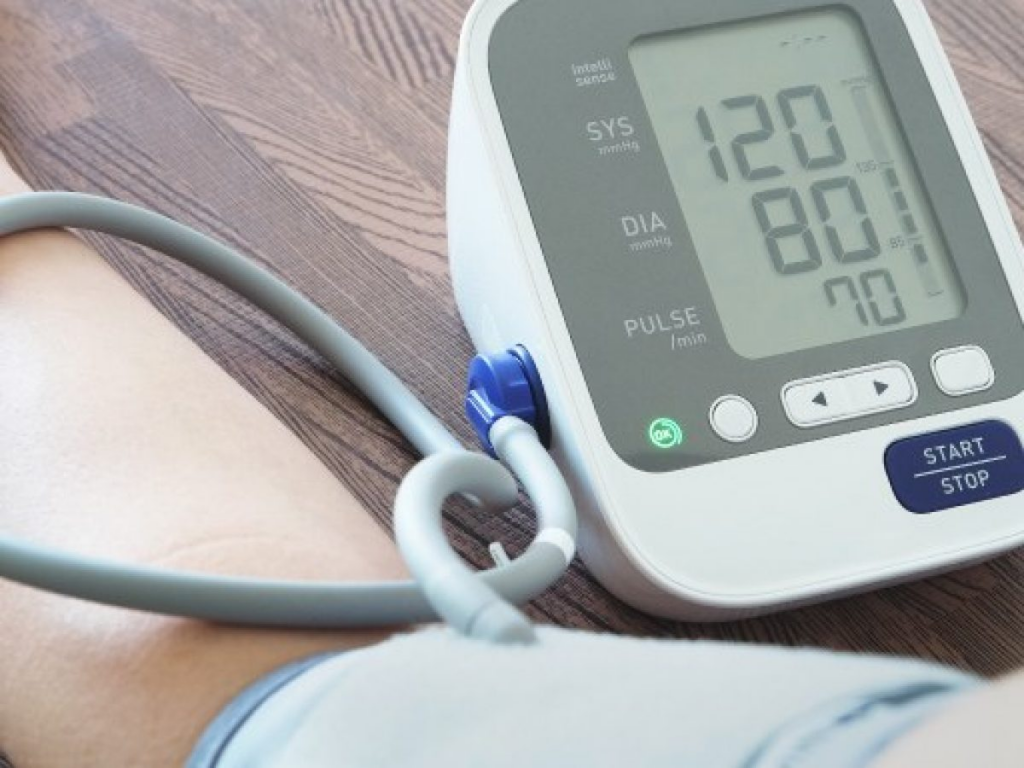Symptoms of ALS and Early Treatment Options
Amyotrophic lateral sclerosis (ALS) is a neurodegenerative disease that affects the motor neurons in the brain and spinal cord. These nerve cells are responsible for controlling muscle movements, so ALS can cause weakness, muscle atrophy, and difficulty speaking, swallowing, and breathing.

The symptoms of ALS typically start gradually and worsen over time. The most common symptoms include:
- Muscle weakness: Muscle weakness typically begins in the extremities, but it can spread to other parts of the body.
- Muscle atrophy: Muscle atrophy is the loss of muscle mass. It can cause the muscles to look smaller and flabby.
- Speech problems: ALS can affect the muscles that control speech, which can lead to difficulty speaking, swallowing, and chewing.
- Respiratory problems: ALS can affect the muscles that control breathing, which can lead to difficulty breathing.
In some cases, the symptoms of ALS can be more severe or more rapid. For example, some patients may experience sudden muscle weakness or a loss of bowel or bladder control.
Early Treatment Options
There is no cure for ALS, but there are treatments that can help slow the progression of the disease and improve the quality of life for patients.
Treatments for ALS focus on:
- Improving muscle function: Medication, physical therapy, and occupational therapy can help improve muscle function and reduce weakness.
- Managing symptoms: Medications can help manage the symptoms of ALS, such as muscle weakness, muscle atrophy, speech problems, and respiratory problems.
Treatments for ALS should be tailored to each patient. The patient's doctor will work with them to develop a treatment plan that is appropriate for their individual needs.
Research on ALS
Researchers are working on developing new treatments for ALS. Some of the most promising research approaches include:
- Treatments that target the cause of ALS: ALS is caused by the death of motor neurons. Researchers are working on treatments that target the cause of this cell death.
- Treatments that promote the regeneration of motor neurons: Researchers are working on treatments that can help regenerate damaged or dead motor neurons.
Advances in research on ALS provide hope for patients and their families. As research continues, it is possible that new treatments may be developed that can change the course of the disease.





